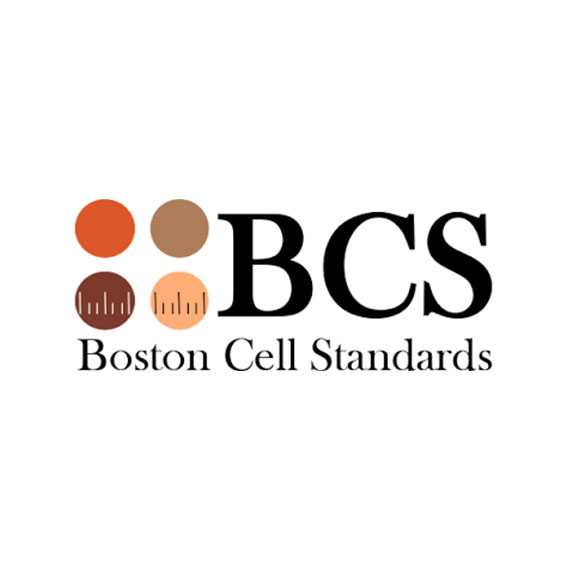
Closely-held Boston Cell Standards received 510(k) clearance from the FDA for its IHControls panel (HER2/ER/PR) for evaluating breast cancers, representing a first-in-category regulatory approval.
IHControls are the first truly quantitative linear range controls for immunohistochemistry (IHC) labs. The panel provides anatomic pathologists with a reproducible, cost-effective solution for on-slide quality control, to safeguard against the potential for incorrect results and increase physician confidence in making diagnoses and selecting treatments.
“IHControls represent a giant step forward in standardization in the anatomic pathology lab, especially in detecting low estrogen receptor-expressing tumors,” Dr. Matthias Szabolcs, director, Immunohistochemistry Laboratory, at Columbia University Medical Center/New York-Presbyterian Hospital, said in a statement.
“Today, we can establish which patients will not benefit from an immunotherapy, but not how well they will respond to another treatment. IHControls may give anatomic pathologists the ability to increase positive predictive value, allowing us to determine which patients will benefit, and by how much,” he added.
Immunohistochemistry, a category of tests that informs diagnosis and treatment decisions in cancer, lacks analytic reference standards that ensure all tests are aligned with one another. Without IHC reference standards, different labs can – and often do – return different results from the same sample.
To address this deficiency, Boston Cell Standards invented the first and only IHC reference materials, including linear range on-slide controls (IHControls) for verification of IHC assay accuracy and calibrators (IHCalibrators) with units of measure traceable to objective, quantitative standards.
IHControls ensure that all IHC tests, on all patient samples, are performed correctly. Any variation in the IHC reagents, instrument, or protocol can affect the test result. IHControls detect these perturbations in a highly sensitive manner because, for the first time, the control concentration is consistently matched to the assay. The sensitivity, specificity, reproducibility, stability, and real-world performance of IHControls has been validated and published.
“We expect this quantitative approach to calibrators and controls – specifically, the first linear range controls on the market – to improve quality and reduce laboratory costs compared with other controls,” said Dr. Steve Bogen, CEO of Boston Cell Standard.






